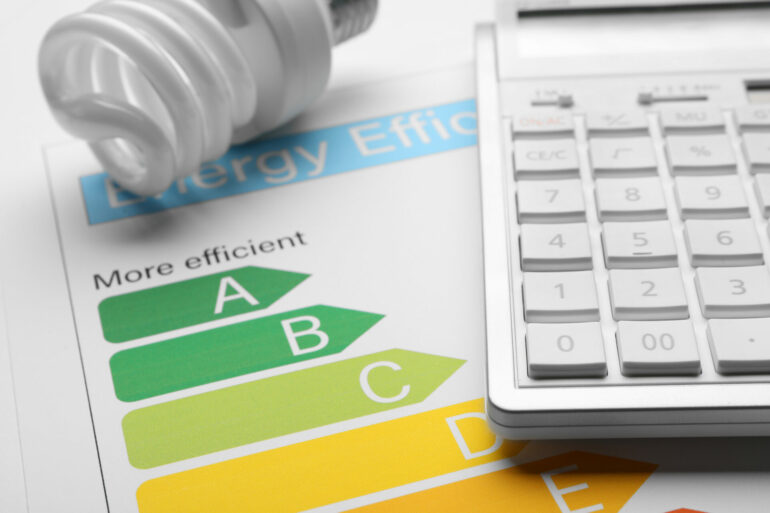Landlords will face a total bill of £21.455bn to upgrade their properties to meet the proposed Energy Performance Certificate (EPC) Band C rating by 2030, according to research from Zero Deposit.
Ed Miliband has committed to consulting on raising the minimum energy efficiency standard for both private and social rented homes, changing the required rating from Band E to C.
The research revealed that 55% of privately rented homes currently have an EPC rating of D or below, with around 12% rated E, F, or G.
Yorkshire and the Humber had the highest number of properties rated D or lower, with 74% potentially needing upgrades.
The West Midlands and East Midlands followed, with 65% and 62% of homes, respectively, rated D or less.
In London, only 38% of privately rented homes fell into this category, but landlords there faced the highest costs for upgrades.
The average cost to bring a property up to a Band C rating was estimated at £8,000.
With 2,681,905 homes needing improvement across England, landlords could incur £21.455bn in costs.
In London, where the average improvement cost was £9,000, landlords could face a total of £3.798bn in upgrades.
Even in the North East, where costs were lowest, landlords still faced expenses of £666.6m.
Sam Reynolds, CEO of Zero Deposit, said: “Our new Labour Government has been quick out of the blocks with respect to rental market reform, with the Right to Rent bill widely focused on the welfare of tenants, with little consideration for those who provide the rental accommodation we so sorely need.
“The latest move to make an EPC rating of C mandatory by 2030 is much the same in this respect.
“While it is, of course, a positive to improve the energy efficiency of rental homes within the PRS, the mandatory obligation to make these improvements is likely to cost private landlords billions.”




